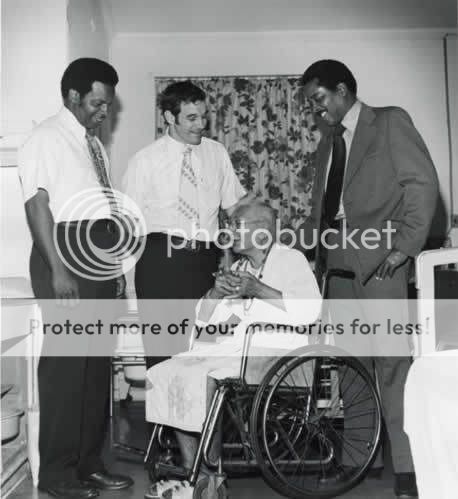...The publishing operation was lucrative. A tax document from June 1993wrapping up the year in which the Political Report had published the "welfare checks" comment on the L.A. riotsreported an annual income of $940,000 for Ron Paul & Associates, listing four employees in Texas (Paul's family and Rockwell) and seven more employees around the country. If Paul didn't know who was writing his newsletters, he knew they were a crucial source of income and a successful tool for building his fundraising base for a political comeback.
The tenor of Paul's newsletters changed over the years. The ones published between Paul's return to private life after three full terms in congress (1985) and his Libertarian presidential bid (1988) notably lack inflammatory racial or anti-gay comments. The letters published between Paul's first run for president and his return to Congress in 1996 are another storyreplete with claims that Martin Luther King "seduced underage girls and boys," that black protesters should gather "at a food stamp bureau or a crack house" rather than the Statue of Liberty, and that AIDS sufferers "enjoy the attention and pity that comes with being sick."
Eric Dondero, Paul's estranged former volunteer and personal aide, worked for Paul on and off between 1987 and 2004 (back when he was named "Eric Rittberg"), and since the Iraq war has become one of the congressman's most vociferous and notorious critics. By Dondero's account, Paul's inner circle learned between his congressional stints that "the wilder they got, the more bombastic they got with it, the more the checks came in. You think the newsletters were bad? The fundraising letters were just insane from that period." Cato Institute President Ed Crane told reason he recalls a conversation from some time in the late 1980s in which Paul claimed that his best source of congressional campaign donations was the mailing list for The Spotlight, the conspiracy-mongering, anti-Semitic tabloid run by the Holocaust denier Willis Carto until it folded in 2001.
The newsletters' obsession with blacks and gays was of a piece with a conscious political strategy adopted at that same time by Lew Rockwell and Murray Rothbard. After breaking with the Libertarian Party following the 1988 presidential election, Rockwell and Rothbard formed a schismatic "paleolibertarian" movement, which rejected what they saw as the social libertinism and leftist tendencies of mainstream libertarians. In 1990, they launched the Rothbard-Rockwell Report, where they crafted a plan they hoped would midwife a broad new "paleo" coalition....
